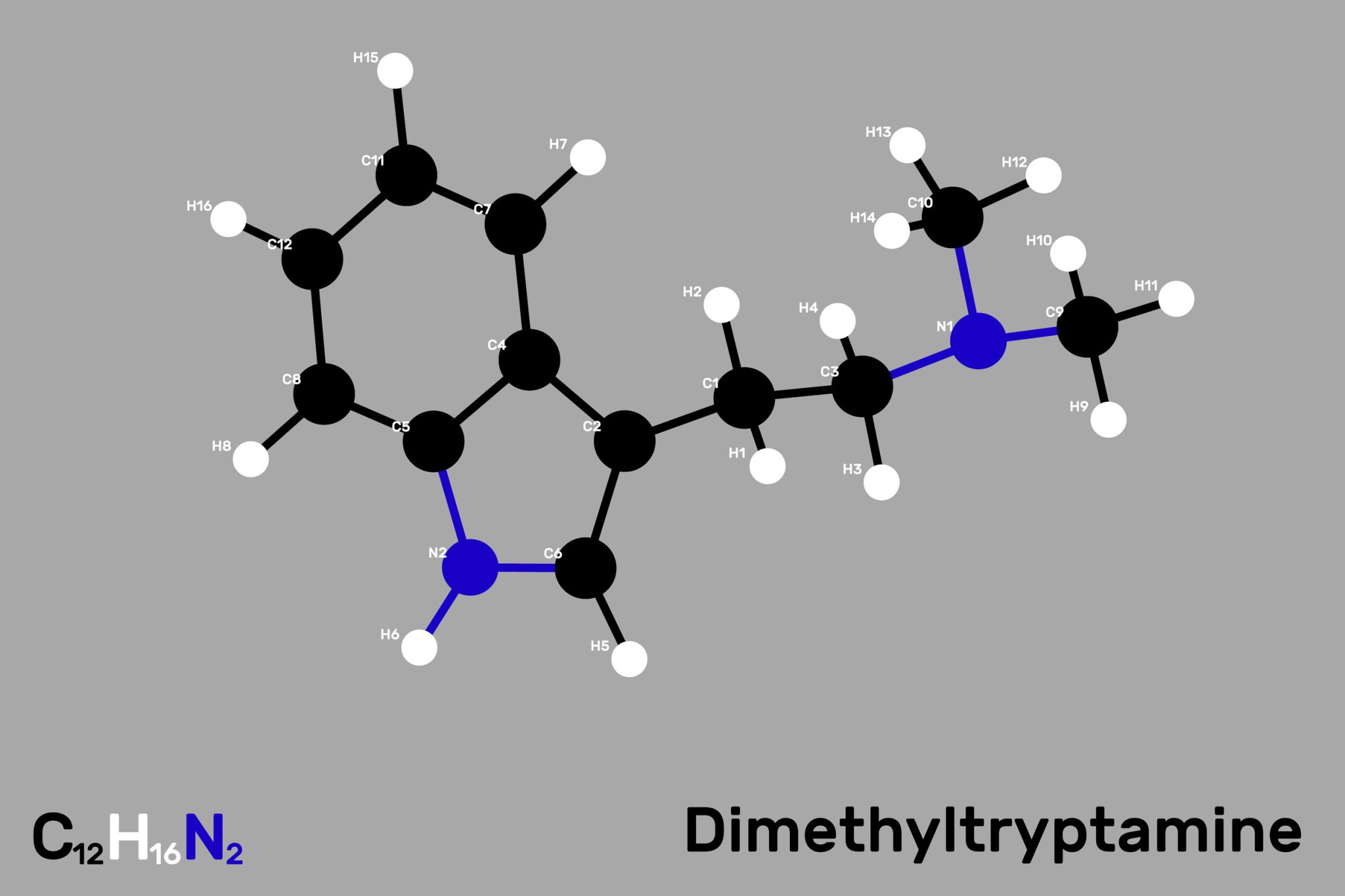For more than three decades, we’ve been told that fatty foods are to blame for a full menu of health hazards, from heart disease to obesity to cancer. Described as the nutritional equivalent of cigarettes, fat has been the target of public-service campaigns and municipal bans aimed at keeping us thin and healthy. But a growing body of international research suggests our fear of fat may be misplaced.
In fact, our myopic aversion to fat may be doing more damage than an order of steak frites. To avoid the demon lipids, we’re forever tinkering with our diets—substituting Snackwells for Oreos, dry toast and orange juice for bacon and eggs. But our dietary contortions can have unintended consequences. They inspire us to eat more, for starters, and the added food contains chemicals, starches and sugar.
Aside from the beneficial effects some fats can have on cholesterol, fats help deliver vitamins, build cells and regulate hormones. Unsaturated fat also has antioxidant properties, which may help fight cancer; so does meat from grass-fed animals. The repeated hypothesis that links a high-fat diet to breast cancer has never been proved. When it comes to appetite, hunger and obesity, fats—along with protein, green vegetables and whole grains—take more time to digest, making people feel full longer.
And the more researchers studied the effects of different kinds of fats—saturated, trans, mono- and poly-unsaturated—on different kinds of cholesterol—HDL (“good”) and LDL (“bad”)—the weaker the link between dietary fats and heart disease became.
As for the connection between fatty foods and weight, it’s controversial too. In the 1960s and ’70s, roughly 14 percent of Americans were obese. Today that number is up to 30 percent, with another 30 percent classified as “overweight.” In three decades, while scientists have learned more about what eating fat will and won’t do, consumers have wholeheartedly embraced the “low-fat” doctrine. In the 1990s, more than 1,000 reduced- or low-fat foods were introduced each year, according to the American Heart Association (AHA). At the same time, study after study found that people who said they ate low-fat diets didn’t eat any less than people who kept eating fat.
The tyranny of the low-fat diet seems to be waning. Even mainstream nutritional experts have recanted. The blanket message that “fat is bad for you” has few remaining adherents. The AHA, the National Heart, Lung and Blood Institute and the American Council on Science and Health have all modified the message, from their admission that unsaturated fats are good for you to the acknowledgement that even trans fats may not be as bad as they’ve been portrayed to be.
This is a description of an article that appeared in the July 2009 issue of The Intelligent Optimist. Members can read the full article here. Non-members can become a member here.










